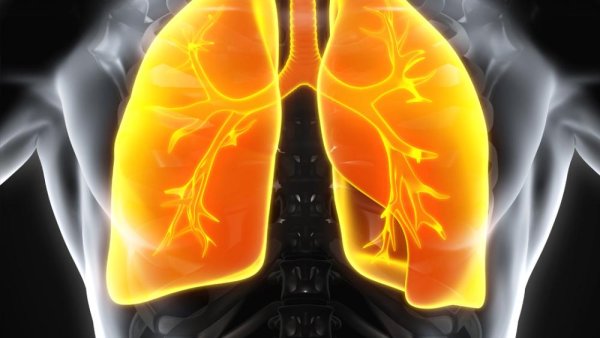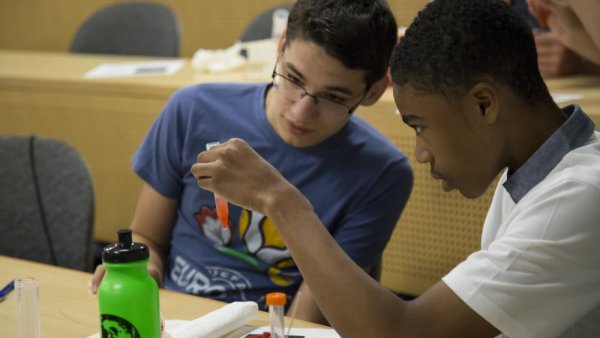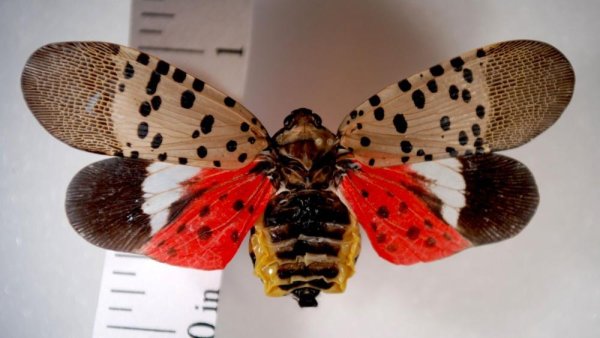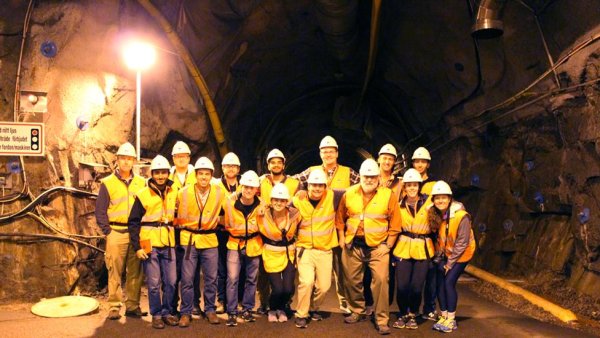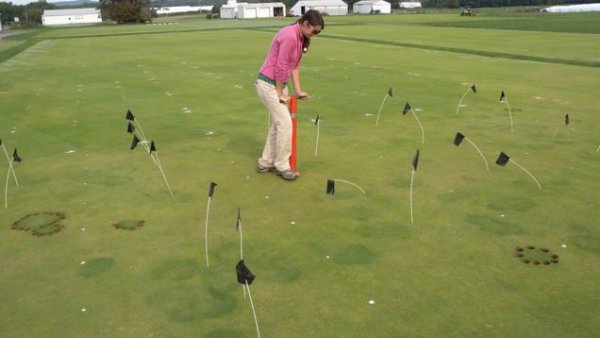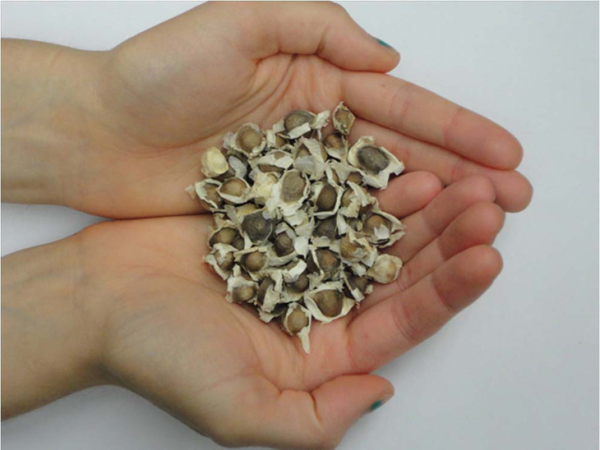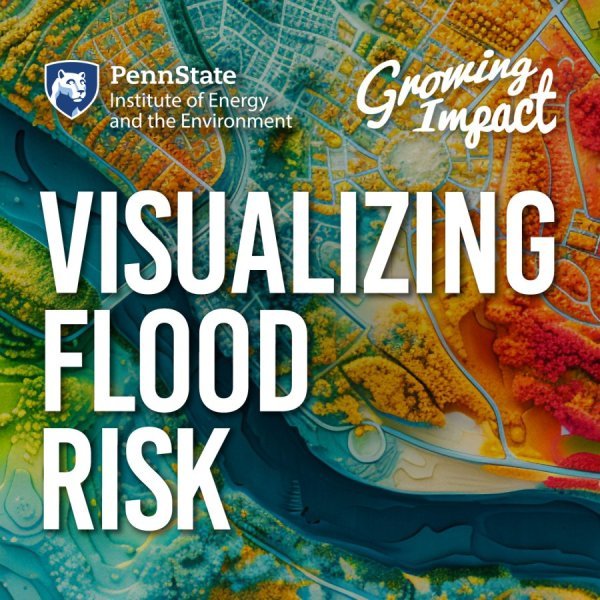Volvo partnership pays off in SuperTruck collaborative effort
| psu.edu
Five years of effort by a partnership of international corporations and universities organized by Volvo have led to the Volvo SuperTruck, a vehicle that achieved an 88 percent improvement in overall efficiency. Penn State engineers were part of this SuperTruck team, and focused on advanced combustion strategies and engine simulation.
College of Engineering welcomes new faculty, continues expansion
| psu.edu
The College of Engineering proudly welcomes the new faculty members who have joined Penn State for the 2016-17 academic year.
Borhan and Bascom receive grant to study respiratory disease in modeled lungs
| psu.edu
Ali Borhan, professor of chemical engineering, and Rebecca Bascom, professor of medicine, have been awarded a Grace Woodward Grant for Collaborative Research in Engineering and Medicine for their proposal “Patient-Specific Diagnosis and Treatment of Respiratory Disease: Expanding the Engineering Toolbox.”
Penn State Harrisburg Summer STEM program wows high school students
| psu.edu
Penn State Harrisburg's two-week Summer STEM Enrichment Program introduced high school students to the different scientific disciplines involved in STEM, helping to give them a better sense of what major they might pursue, what careers are available, and what learning at the university level would be like.
Collaboration, research key to managing invasive species
| psu.edu
Invasive species, such as gypsy moth and emerald ash borer, have had devastating effects on Pennsylvania's forests, and the keys to combatting these threats are active management, collaboration and research, according to U.S. Rep. Glenn Thompson. Thompson made his remarks during a forum on invasive forest species that he sponsored Feb. 5 on Penn State's University Park campus.
EMS undergrads research energy, explore regions of Europe through science course
| psu.edu
A group of earth and mineral sciences undergraduates explored several regions of Europe through a science course to research energy and learn about different cultures.
Engineering's Collins, Giebink honored for teaching excellence
| psu.edu
Robert Collins, associate professor of computer science and engineering at Penn State, and Chris Giebink, Charles K. Etner Early Career Professor of Electrical Engineering at Penn State, were recently selected to receive the Joel and Ruth Spira Excellence in Teaching Award. Established with an endowment by the Lutron Foundation in honor of the company's founders, the award recognizes individuals who excel in the classroom by helping students learn, understand and apply the fundamentals of engineering.
Engineering faculty appointed to early career and development professorships
| psu.edu
Eight faculty members in the Penn State College of Engineering were recently appointed to early career and development professorships.
Solar cell research funded by U.S. Department of Energy
| psu.edu
Fixed-tilt concentrating photovoltaic panels that will deliver significantly more energy than conventional photovoltaic solar panels are the aim of Penn State's solar energy research funded by the U.S. Department of Energy's Advanced Research Projects Agency-Energy (ARPA-E) for $2.9 million.
NSF award supports research on sustainable energy production
| psu.edu
Bruce Logan, Evan Pugh Professor and Kappe Professor of Environmental Engineering, and Christopher Gorski, assistant professor of civil and environmental engineering, received a National Science Foundation EAGER award to fund their research on technologies that generate and store electrical energy from waste heat using salinity gradients.
Déjà vu all over again: Research shows 'mulch fungus' causes turfgrass disease
| psu.edu
An emerging turfgrass disease that is affecting golf courses around the world has been traced to a fungus commonly found in mulches. This is the first step toward a possible treatment for the disease.
Researchers study inexpensive process to clean water in developing nations
| phys.org
What would happen if a common tree had the potential to turn cloudy, contaminated water into clean, safe drinking water for millions in need? Penn State researchers are hoping to find out using the seeds of the Moringa oleifera tree.



